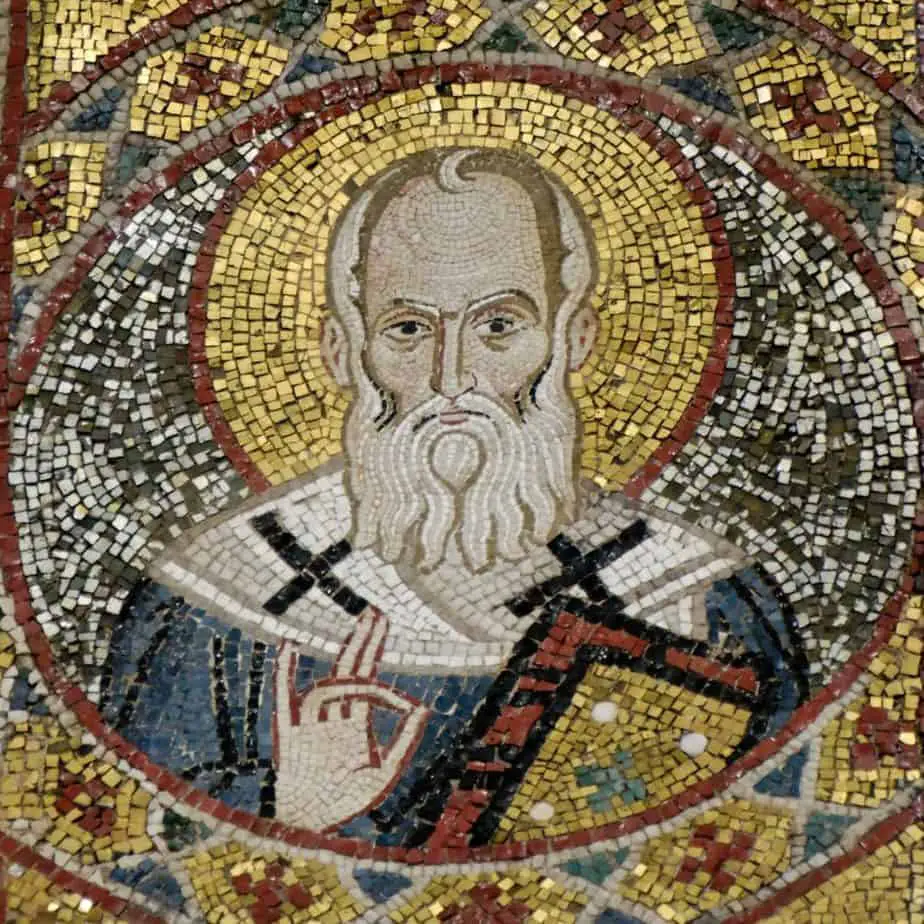“The Fathers tell us that a man gains possession of the fear of God by keeping the thought of death before his mind and remembering eternal punishment, by examining himself each evening about how he has passed the day and each morning about how he has passed the night; by never giving rein to his tongue and by keeping in close and continual touch with a man possessed of the fear of God, as his spiritual director.
A brother once said to one of the elders, ‘What shall I do, Father, that I may learn to fear the Lord?’ And he said, ‘Go and become a disciple of a man possessed of the fear of the Lord.’ We chase away from us the fear of the Lord by the fact that we do just the opposite; we do not keep before us the thought of death, or punishment, nor do we attend to our own condition, or examine how we spend our time, but we live differently and are occupied with different things, pandering to our liberty, giving way to ourselves, self-indulgence – this is the worst of all, this is perfect ruin.
What chases away the fear of the Lord as effectively as indulging our fancies? …. And when he was asked again, ‘Is it so very dangerous?’ he said, ‘Yes, there is nothing more dangerous than self-indulgence. It prepares the ground for all the vices because it chases out from the soul the fear of God.’”
— Saint Dorotheos of Gaza












